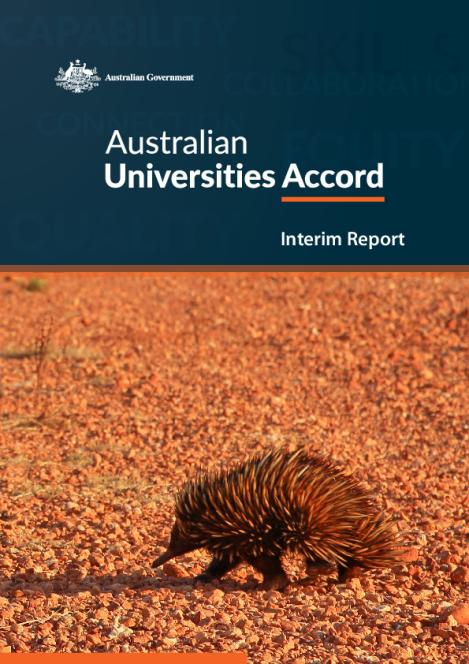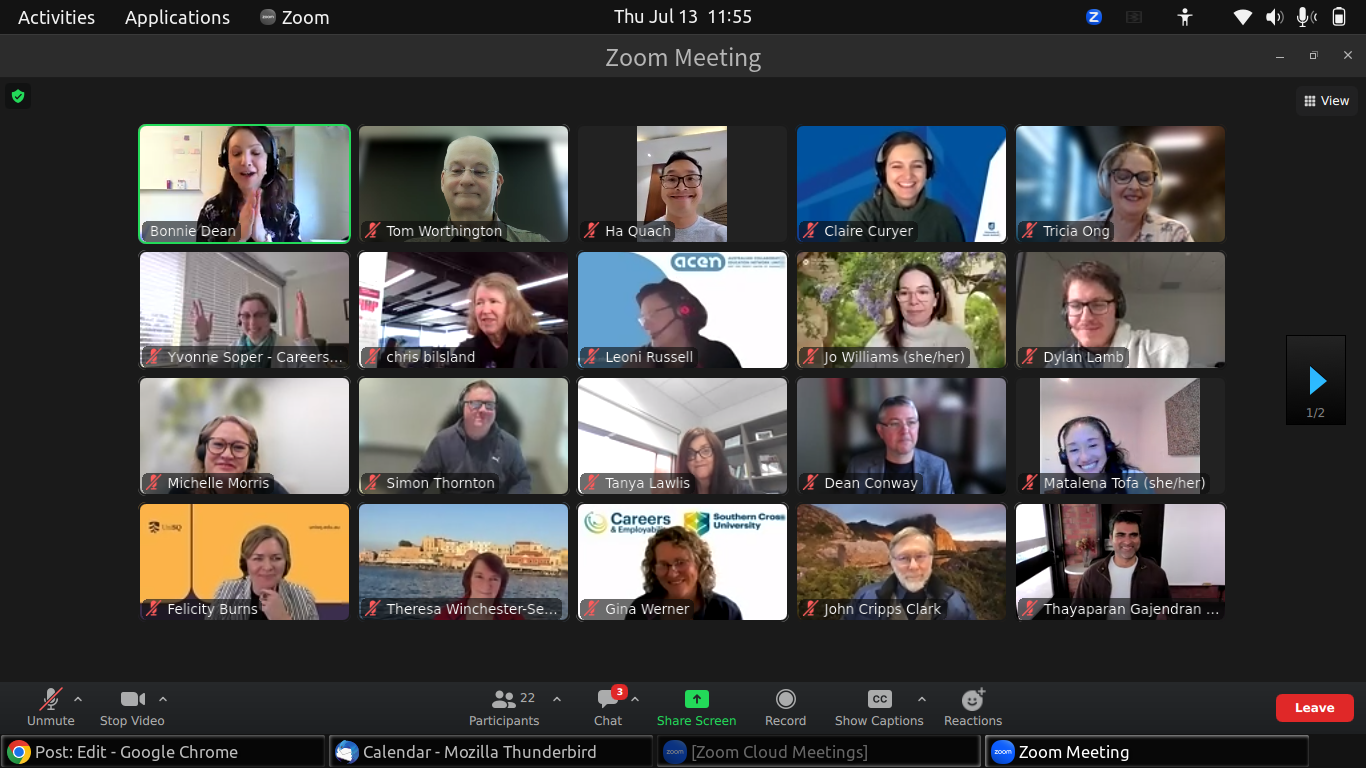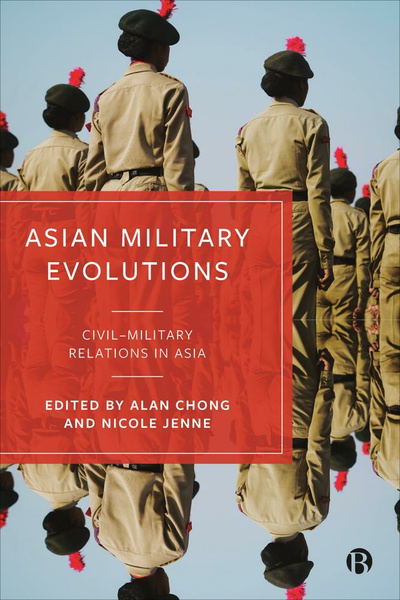 |
Australian Universities |
The Australian Universities Accord Panel, chaired by Professor Mary O’Kane, has released a 152 page
Interim Report (19 July 2023). I have been putting off reading such a daunting document, but it is actually very readable. The report rightly highlights the under representation of First Nations low socio-economic (SES) background, and students with a disability. Also the difficulty of access from regional, rural, remote and outer suburban areas. The need for lifelong flexible and adaptive learning is also mentioned. These are areas which can be addresses using a mix of online and work integrated techniques. However, that will require news skills of university academics, similar to those vocational teachers already have.
The report argues that "... too few Australians are going to university". In support of this it cites research saying 50% to 55% of jobs in the next few decades will require a degree or other higher education qualifications. However about 40% of the workforce already have a degree, so this only needs an increase of about 10%. Meanwhile only about 30% of the workforce have a vocational qualification, so I suggest that is were the main effort needs to go.
The interim report provides some early recommendations. Here are some comments on them:
Priority Action 1: More RUCs
"Extend visible, local access to tertiary education by creating further Regional University Centres (RUCs) and establish a similar concept for suburban/metropolitan locations."
As the report notes RUCs, essentially small university shopfronts, have been successful. What is not mentioned is how these can complement online learning. Online studnts feel isolated, and this can be overcome with a local facility.
This is a recommendation which will be politically palatable, being something tangible, and which a politician can cut a ribbon on.
Priority Action 2: Drop 50% pass rule
"Cease the 50% pass rule, given its poor equity impacts, and require increased reporting on student progress."
This change has already been accepted by government. However, a
Introduced as part of the JRG package, the 50% pass rule disproportionately disadvantages students from equity backgrounds. Enhanced reporting on student progress will increase the focus on improving the success rates of at-risk students. While the Review believes other aspects of the JRG package need reform, this change should proceed at the first possible opportunity.
Priority Action 3: Funded places for all indigenous students
"Ensure that all First Nations students are eligible for a funded place at university, by extending demand driven funding to metropolitan First Nations students."
This is a relatively easy and low cost recommendation for government to implement. There should be a higher take-up rate from metropolitan areas, simply because access to university is easier. However, that leaves many impediments in place. Also I suggest the measure apply to Vocational Education.
Priority Action 4: Extend HE Continuity Guarantee to 2025
"Provide funding certainty, through the extension of the Higher Education Continuity Guarantee into 2024 and 2025 ..."
How long can the can be kicked down the read without rethinking these measures?
Priority Action 5: Improve university governance
"Through National Cabinet, immediately engage with state and territory governments and universities to improve university governance ..."
State and national government are hardly in a position to provide an example of good government, given recent scandals. These include Robodebt, involving illegal demands for payment causing deaths, and the cancellation of the Commonwealth Games, due to a multi-billion dollar cost blowout. Universities have had their own scandals, but are these due to a systemic problem? Who are the people with "expertise in the business of universities" who would join governing bodies? Few academics have qualifications in education. I have a MEd in digital education, and would be happy to be on a few boards. ;-)
Part 2: Areas for further consideration
A. Putting First Nations at the heart of Australia’s higher education system
Placing First Nations at the heart of Australian universities would require first removing the discrimination which prevents indigenous studnts enrolling, and graduating
C. Meeting Australia’s future skills needs
I suggest that Australian governments first look to the vocational sector for vocational education, then to universities to supplement that. This requires a transfer of funding from universities to the TAFE system. This also requires incentives for university to train some staff in vocational education techniques. At present proposals such as a national skills passport is not feasible, as university academics lack the skills needed to implement it.
D. Equity in participation, access and opportunity
While well meaning, talk of "encouraging students from underrepresented groups to aspire to higher education and fulfil their potential" is insulting and misses the point. A student from a group barred access to opportunity doesn't lack aspiration, they just know they will be denied a fair chance. That said, there are some easy changes which can be made. The first and simplest way is to provide online access to learning.
E. Excellence in learning, teaching and student experience
It is unfortunate the Review is perpetuating the myth that online learning started with COVID-19. Millions of studnts had studied and graduated online, in the decades before then. Detailed studies had been undertaken to show that students did at lest as well in this environment. The impediment to advancement is a business and marking model for universities to function this way.
G. Serving our communities
Universities play a role in communities, however these should not distract from the university's primary missions of conducting education, and research. If those can have local connection, all to the good, but universities should not be positioned as a form of political pork-barreling.
H. Research, innovation and research training
Australia’s university research is subsidized by international student fees. These have proved remarkably stable, but can't be guaranteed. But this is outside the remit of the Higher Education Whisperer, and I will leave it to the Research Whisperer. ;-)
B. Strengthening institutional governance
University governance might be strengthened by increasing democracy. As an example, a majority of places on university councils, and departmental committees for elected students and staff.
C. Sustainable funding and financing
The Reviews assertion that "The success of the Australian higher education system relies on a secure, predictable, enduring and sustainable funding system" shows a lack of understanding of the real world. Organisations need to be able to survive despite insecure, unpredictable, funding. Australia's universities have had a relatively stable supply of grants from government, and fees from students. Deteriorating geo-political conditions could see this situation worsen. Universities need to ensure they can operate in less certain financial conditions. As an example, in 2016 I suggested universities be ready to teach online in an emergency, if international studnts could not get to Australia due to a regional emergency. COVID-19 gave a small taste of what such an emergency might be like, but it could be much fater, and more severe, next time.







